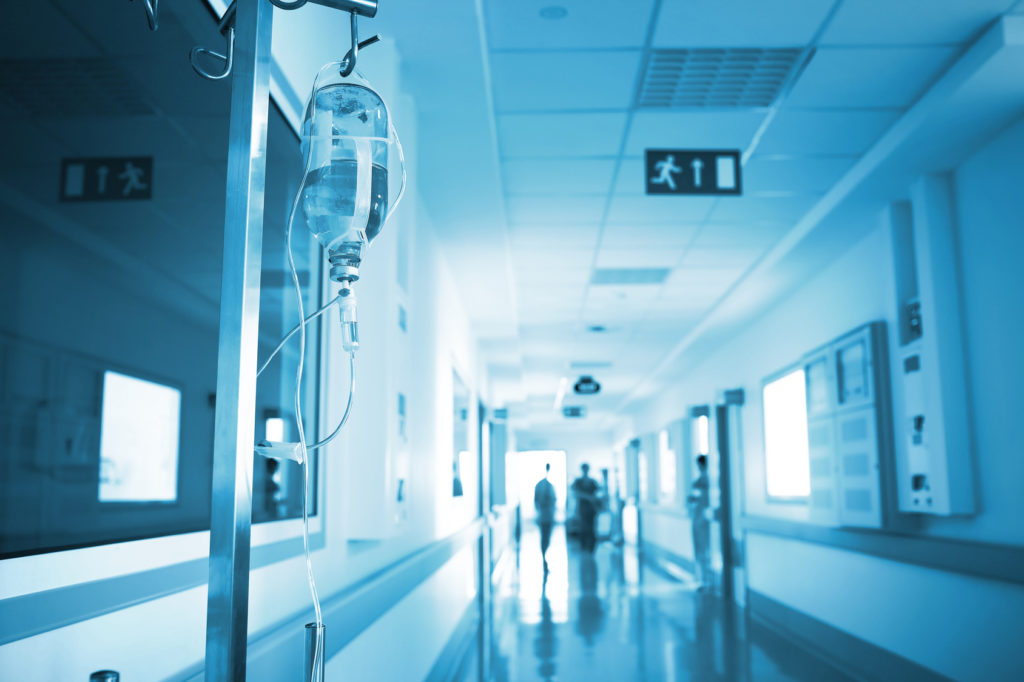 One of the sad truths about addiction in modern day America is that one of the largest pushers of gateway drugs are our own doctors. The sheer volume of dangerous prescriptions on the streets, and the number of people addicted to them, leaves one to wonder if we are being far too relaxed in how we distribute these drugs. While there is certainly a need for some of these drugs, the current system that is in place now has been disastrous, and needs to evolve to face the epidemic of drug abuse that millions of Americans witness on a daily basis. A hospital in New Jersey has recently cut down their opioid use by using them only in the most severe of situations. Here’s a little look at their course of action...
One of the sad truths about addiction in modern day America is that one of the largest pushers of gateway drugs are our own doctors. The sheer volume of dangerous prescriptions on the streets, and the number of people addicted to them, leaves one to wonder if we are being far too relaxed in how we distribute these drugs. While there is certainly a need for some of these drugs, the current system that is in place now has been disastrous, and needs to evolve to face the epidemic of drug abuse that millions of Americans witness on a daily basis. A hospital in New Jersey has recently cut down their opioid use by using them only in the most severe of situations. Here’s a little look at their course of action...
St Joseph’s Regional Medical Center
In Paterson, New Jersey, St Joseph’s Regional Medical Center has been using opioid alternatives, such as physical therapy and non-threatening forms of painkillers, for the entirety of 2016. They have labeled this new initiative as the Alternative to Opiates (or ALTO, for short). ALTO has seen major success, as over 75% of their patients in need of intensive care have been helped without the use of any opioids. This means that we are cutting many people’s dependence on opioids, while still getting these narcotic painkillers to people who really need it.
The opioid epidemic
This is such an enormous issue in today’s America. Currently, there are an estimated 2.1 million in the United States who suffer from addiction that was caused through prescription opioids, according to the CDC. This is a 400% increase over the past 15 years. This current epidemic continues to grow, and impacts millions of lives across the country.
A sign for the future
Examples, like this particular one in New Jersey, are more important than people realize. They show a road map towards a new system that cuts our dependence on narcotics, which has pushed many people into far more damaging addictive substances and fueled a drug trade that generates billions and billions of dollars, every year. Giving patients better options that don’t put them at risk of an addictive substance is an action that should be hailed as a roadmap. Sergey Motov, an associate research director at Maimonides Medical Center, recently talked about this decision by saying “The patient needs to be given an option. - We just blindly give the medication and hope they feel better.”








